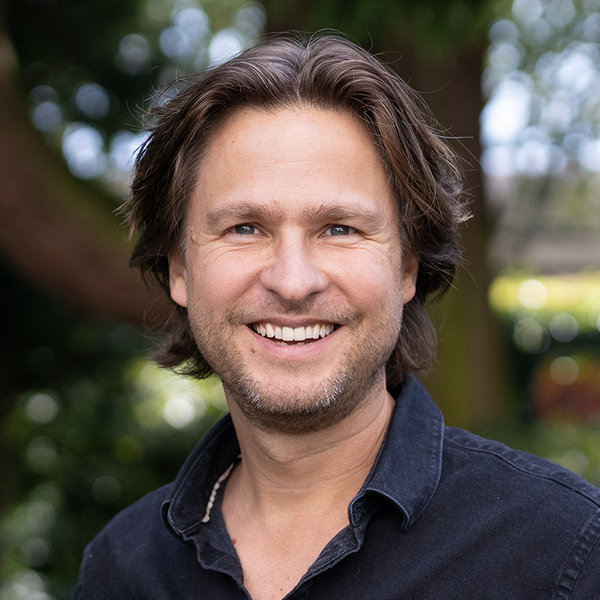
Diese Seite ist auf Deutsch nicht verfügbar. - lesen auf Englisch:
When you think of the essentials of leadership, what pops up in your mind? Before my trip to South-Africa in January, I would say: being a visionair, initiating change, making decisions, connecting interests or dealing with uncertainty. But after my visit to South Africa, I’ve made up my mind. I now believe that leadership is about taking serious risk, when something is at stake.
Preliminary Research
In January this year I've spent a week in Capetown with my colleagues Pamela Boumeester, Joeri Kabalt and Robert van Noort. We’ve interviewed South African leaders who stood up in the time of legalized apartheid or played an imported role in the reconciliation process. The interviews are a preliminary research for a new leadership program on ethics, integrity and reconciliation. We design this program in cooperation with Fanie du Toit, director of the South African Institute of Justice and Reconciliation. We want it to become a journey, framed with stories, practices and meetings for both African and European leaders
on focus points in society and organizations.
No Choice
During that week I’ve gained a few profound insights about leadership. I’ve learned that leadership is about having an impact in your system, by taking a serious risk. There’s something at stake: your reputation, your money or even your life. All the people that we’ve interviewed, did have - or should I say: did live - certain values that they stood up for. The reverend of one of Capetown’s many township churches is a good example. He was pretty clear that his goal is to pretect the dignitiy of a human being, whenever that is at stake. It didn’t even feel so much as a choice for him. He said: I can’t keep my mouth, whenever the dignity of a person is at stake.
Four Lessons
How can you as a leader stand up for what’s important to you? I’ve learned these major lessons:
- Stay rooted in your community and stand up: All the leaders that we’ve interviewed, were leading in their own community. Many of them stated that they wouldn’t be able to have impact in other communities, than their own. One of them pointed it this way: I grew up in the community that I lead now. I speak their language and understand their culture. I know their dancing and crying from deep inside. I understand their messages and their hope. You can only have impact on the community that you’re rooted in.
- Get out and become aware of your story: Both in the American leadership books that I’m reading at the moment, and during the interviews in South Africa, I've experienced the power of stories. Personal stories are universal. One of the artists that we’ve interviewed, told about her journey to a place outside the country. When she was abroad, she found the space to look at her own story and reflect on it. You need connection to have impact. But you need to have distance to reflect on your own story, and how that’s framed in the bigger picture. When was the last time that you’ve created some distance? When was the last time that you told a personal story as a leader? Get out, get confronted with you own story.
- Count your blessings and multiply them. You can only give to other people, what has been given to you. One of the South African leaders told about what he’s received from the church that he’s working for now. As a youngster he didn’t find money to continue his education. He knocked at the door of the church. The minister opened the door. Though he didn’t know him at all, the minister payed everything for him. Since that time this leader can’t stand seeing young people knocking at the church door, begging for help. He said: I’m fortunate, because I've had the opportunity to join the best schools and universities. It reminds me to my indeptedness to those that never received it.
- Read the messages and respond to them. Many of the people that we’ve talked to, were able to recognize ‘messages of hope and excitement’ in their environment. Even when the situation was very difficult. Someone said: I saw messages of hope and excitement: wonderful things that could happen in an environment with many difficulties and challenges. This leader was actually confronted with these messages. He said: It was like I started reading a book. I couldn’t stop reading. It was impossible not to take action and respond to these messages of hope. For me, my community was an open book.
Can you as a leader go wrong by standing up for you values, when something is at stake? You certainly can. The question in reverse is what do you loose when you don’t stand up: your values, your identity? I’m starting to believe that these are far more valuable than anything else.
Question: Which examples do you have of leaders who put something at stake?
